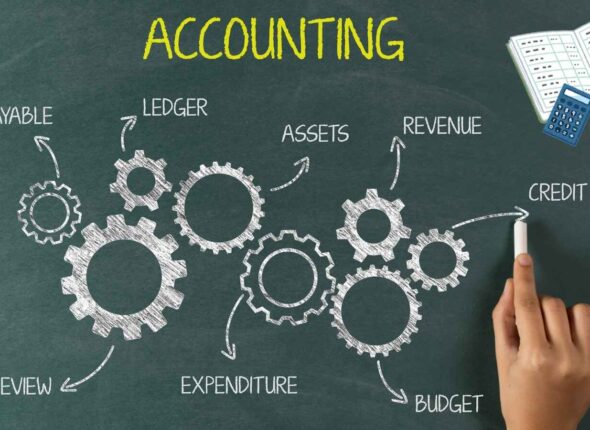Course Description
The Managerial Economics syllabus typically combines economic theory with business practices to facilitate decision-making and strategic planning within an organization. This subject is crucial for students in business administration, management, and economics. Here’s an overview of a typical Managerial Economics syllabus:
What You’ll Learn From This Course
- Introduction to Managerial Economics
Definition and Scope:
- What is managerial economics?
- Importance in decision-making and strategy formulation.
Microeconomic Foundations:
- Key microeconomic concepts relevant to managerial economics.
- Demand Analysis and Forecasting
Demand Theory:
- Law of demand, demand determinants, and types of demand.
- Elasticity of demand: Price elasticity, income elasticity, and cross-elasticity.
Demand Forecasting:
- Techniques for forecasting demand (qualitative and quantitative methods).
- Time series analysis and regression analysis.
- Production and Cost Analysis
Production Theory:
- Production functions, returns to scale, and isoquants.
- Short-run vs. long-run production decisions.
Cost Concepts:
- Types of costs: Fixed, variable, total, marginal, and average costs.
- Cost behavior and cost-output relationships.
Cost Functions:
- Derivation of short-run and long-run cost curves.
- Market Structure and Pricing Strategies
Market Types:
- Perfect competition, monopoly, monopolistic competition, and oligopoly.
- Characteristics and implications for pricing and output decisions.
Pricing Strategies:
- Price discrimination, penetration pricing, skimming pricing, and competitive pricing.
- Strategies in different market structures.
- Decision Making under Uncertainty
Risk and Uncertainty:
- Difference between risk and uncertainty in managerial decision-making.
Decision-Making Techniques:
- Expected value analysis and decision trees.
- Sensitivity analysis.
- Game Theory and Strategic Behavior
Basics of Game Theory:
- Introduction to game theory and its relevance to business.
- Nash equilibrium and dominant strategies.
Applications in Business:
- Competitive strategies, pricing strategies, and market entry decisions.
- Profit Management
Profit Concepts:
- Different types of profit: Accounting profit vs. economic profit.
- Profit maximization and its implications for business strategy.
Break-Even Analysis:
- Understanding break-even points and margin of safety.
- Applications in decision-making.
- Capital Management
Investment Decisions:
- Time value of money, present value, and future value.
- Net Present Value (NPV) and Internal Rate of Return (IRR).
Capital Budgeting Techniques:
- Methods for evaluating capital projects and investments.
- Government and Business
Government Policies:
- Role of government in the economy and business environment.
- Impact of regulations, taxes, and subsidies on business decisions.
Public Goods and Externalities:
- Concepts of public goods, externalities, and their implications for business.
- Current Trends and Issues in Managerial Economics
Globalization and Its Impact:
- Effects of globalization on managerial decisions.
Technological Changes:
- Impact of technology on production, pricing, and competitive strategies.
Sustainability and Corporate Social Responsibility:
- Integrating sustainability into managerial decision-making.
- Case Studies and Practical Applications
Case Studies:
- Analysis of real-world managerial decisions using economic principles.
Research Projects:
- Research on specific topics in managerial economics or emerging trends.









